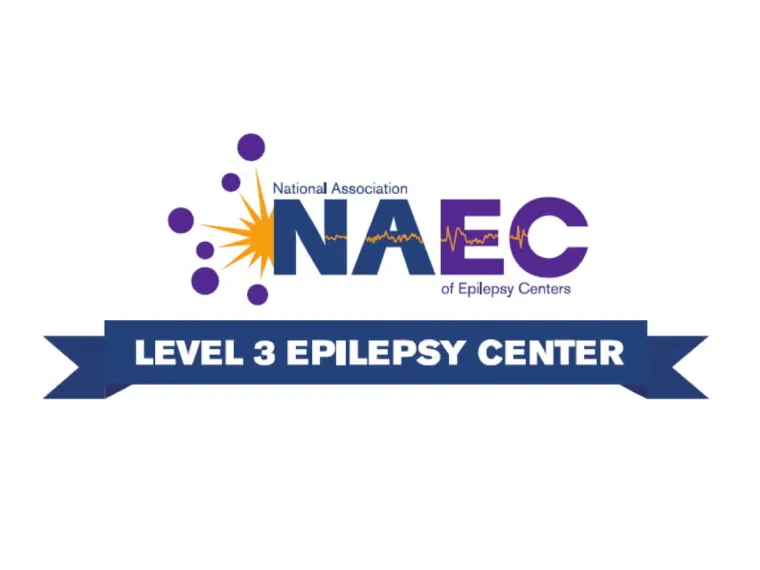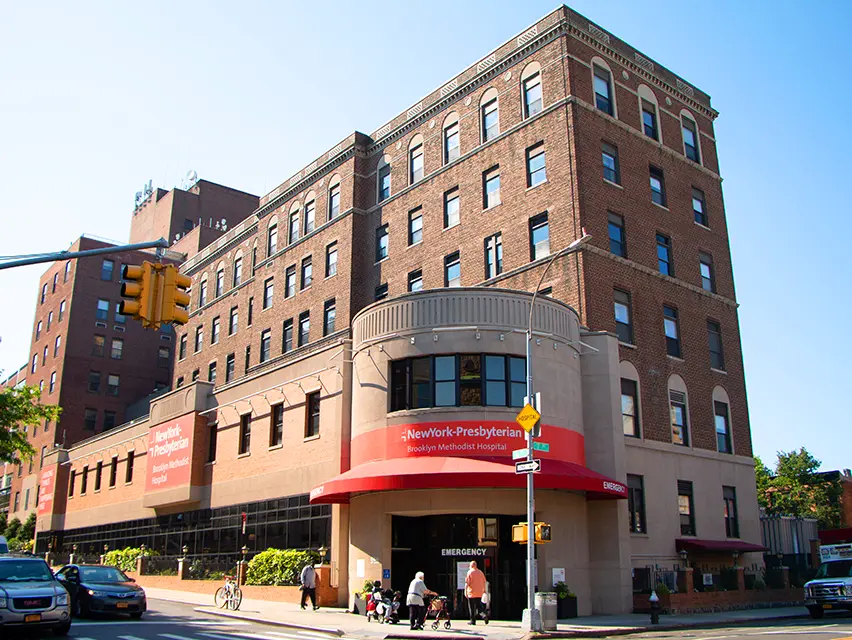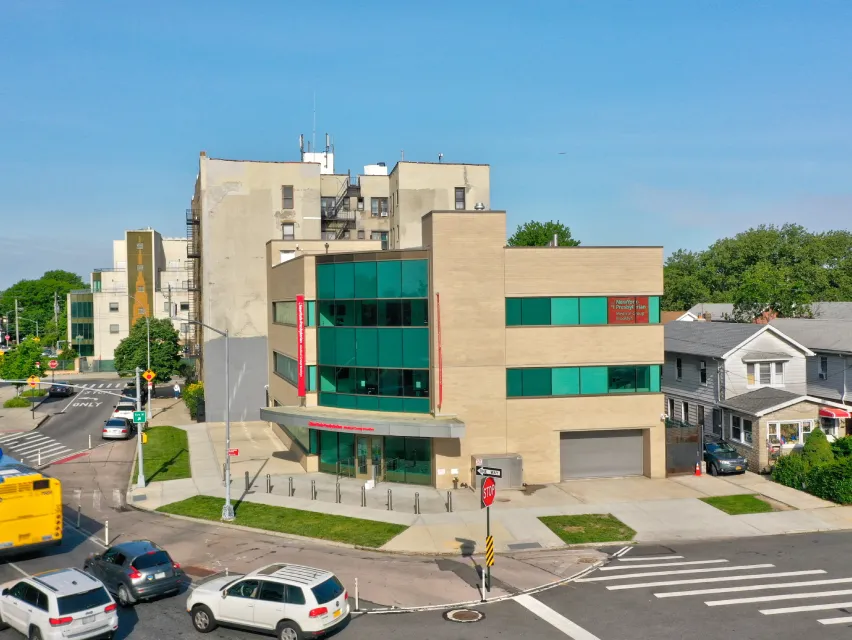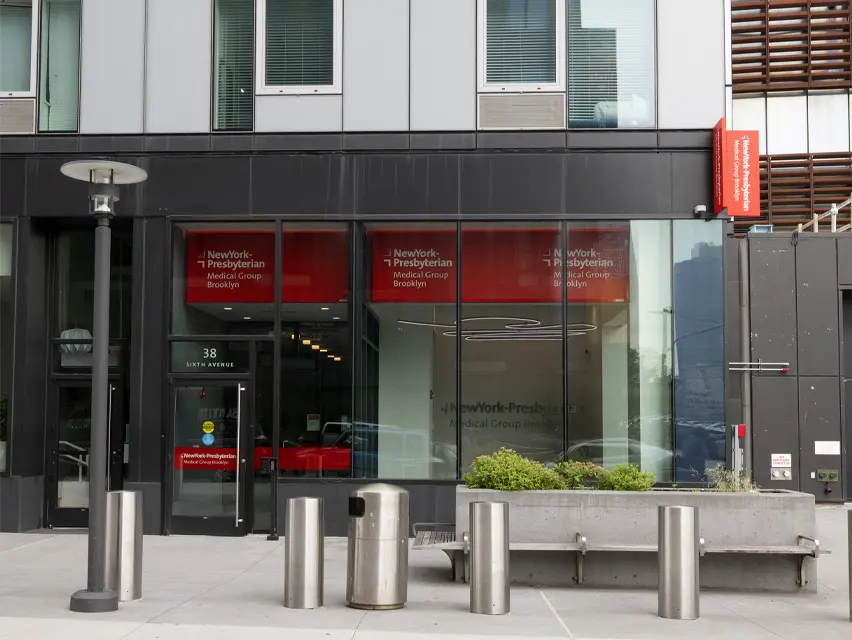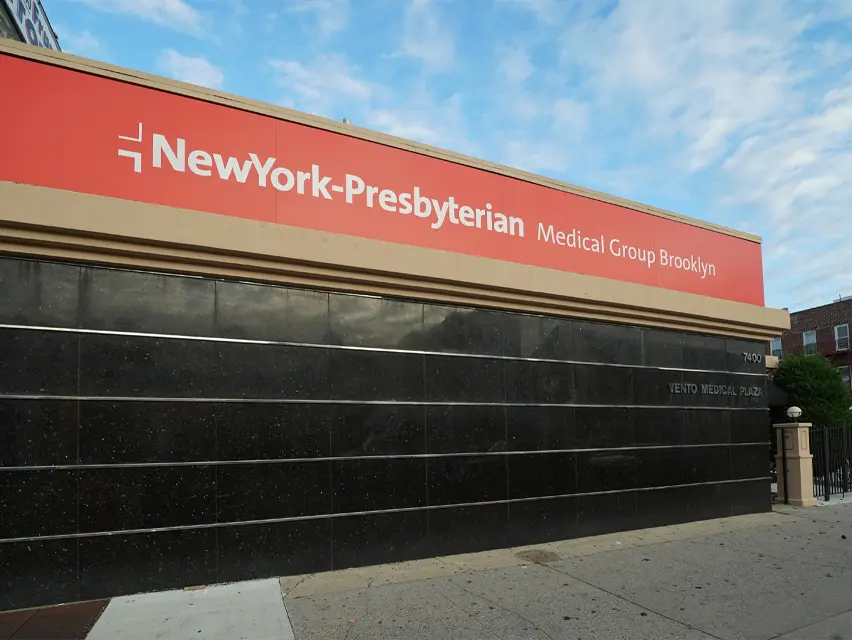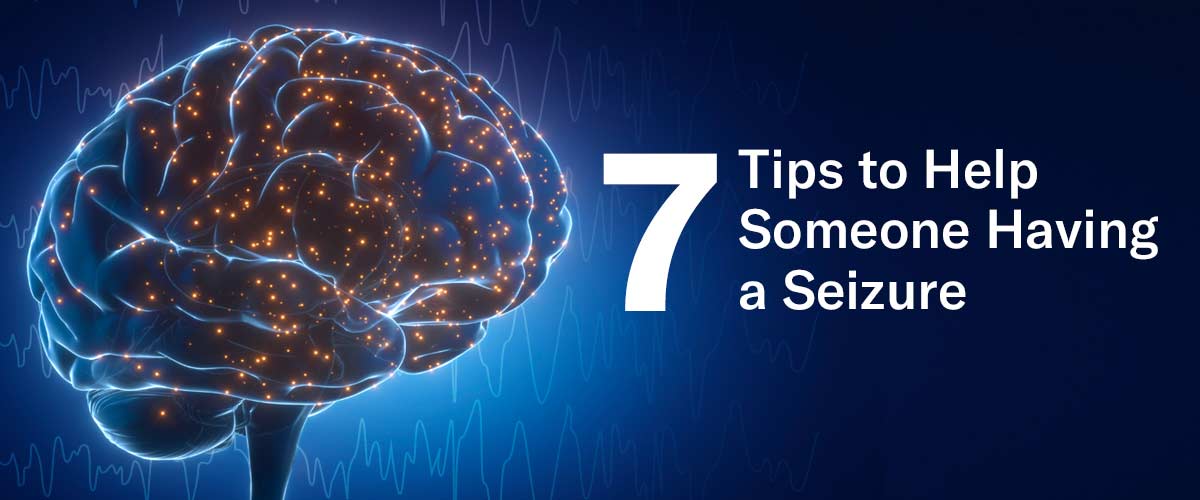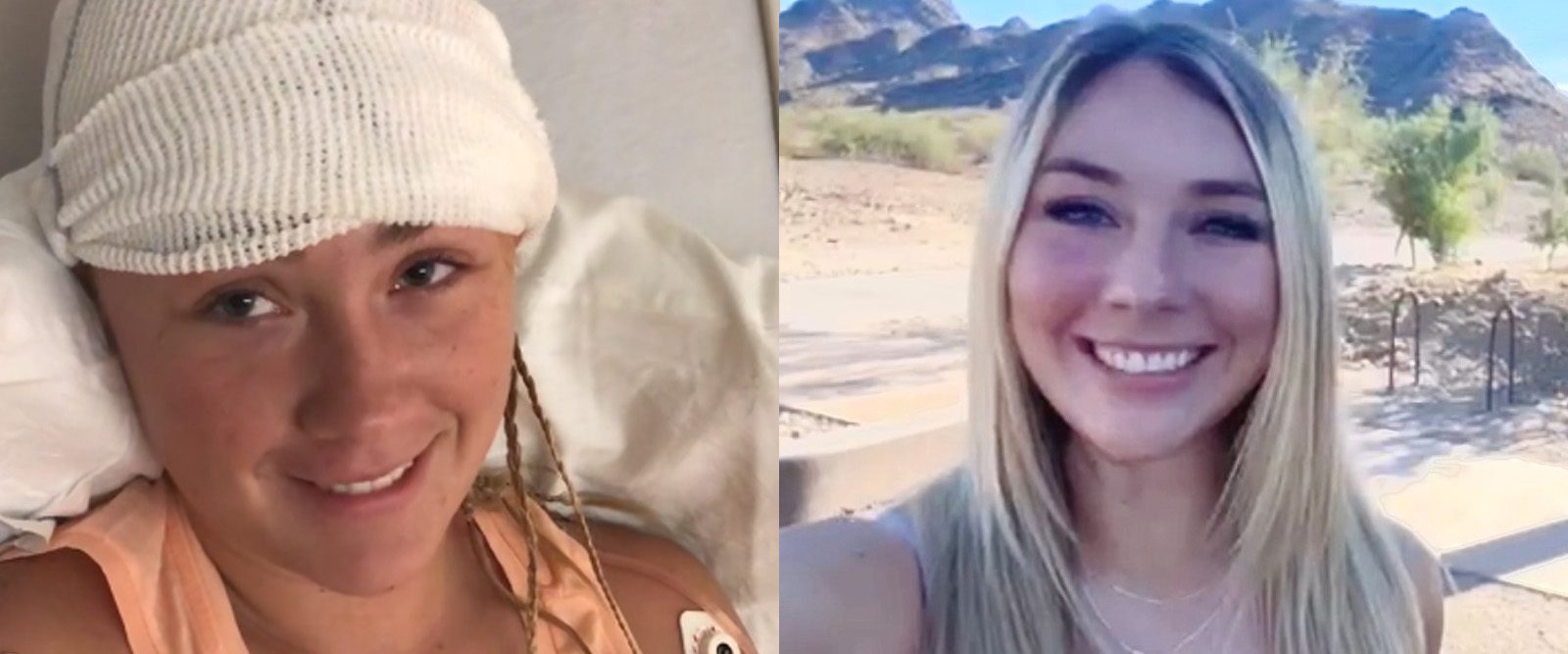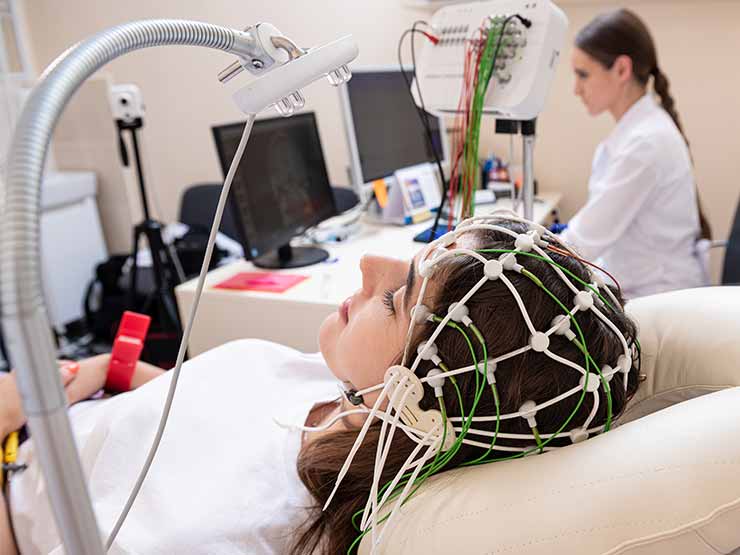At the NewYork-Presbyterian Brooklyn Methodist Epilepsy Center, we are equipped to provide care to any adult or pediatric epilepsy patient in Brooklyn, whether they are newly diagnosed or have a history of hard-to-manage epilepsy. We offer a wide variety of both inpatient and outpatient epilepsy services to help patients get back to their normal lives.
When you come to us for epilepsy care, you'll be supported by a multidisciplinary team of experts who collaborate on a plan that's tailored to you. Our epilepsy specialists include adult and pediatric neurologists, neurosurgeons, neuroradiologists, electroencephalography (EEG) technologists, physician assistants, and neuropsychologists.







